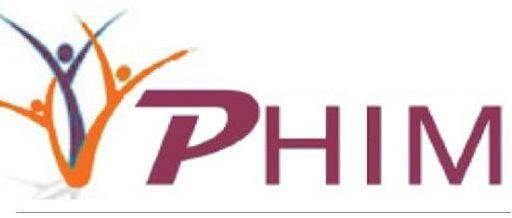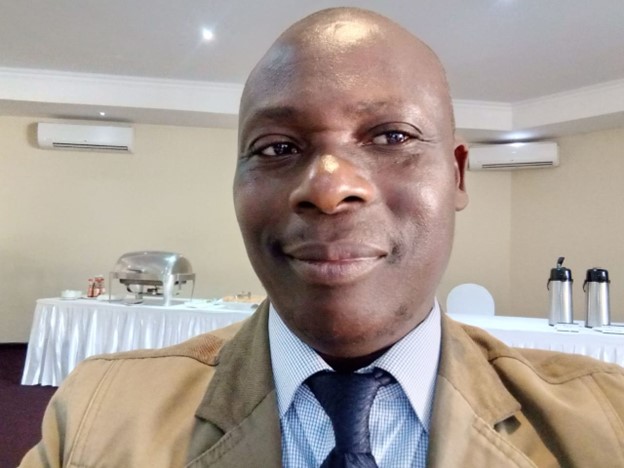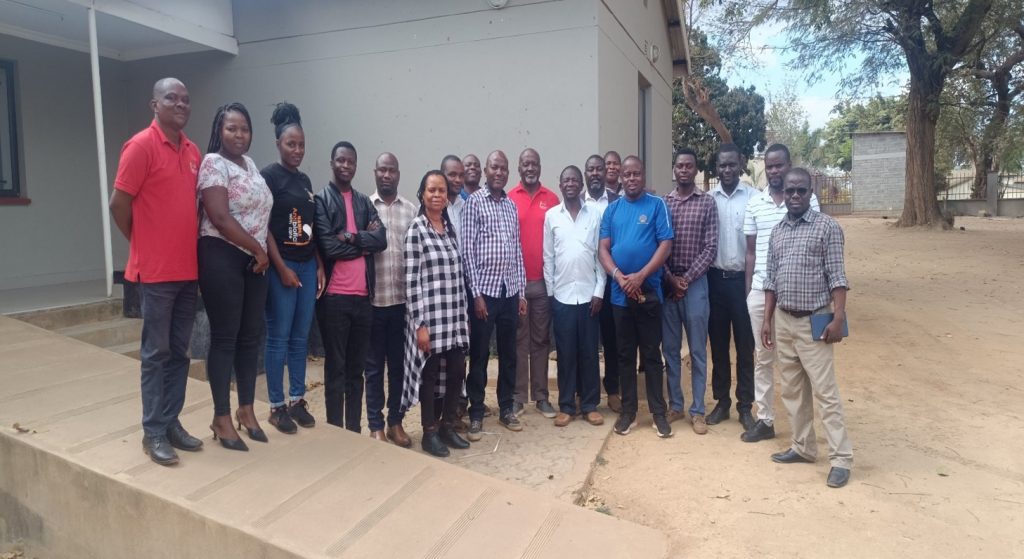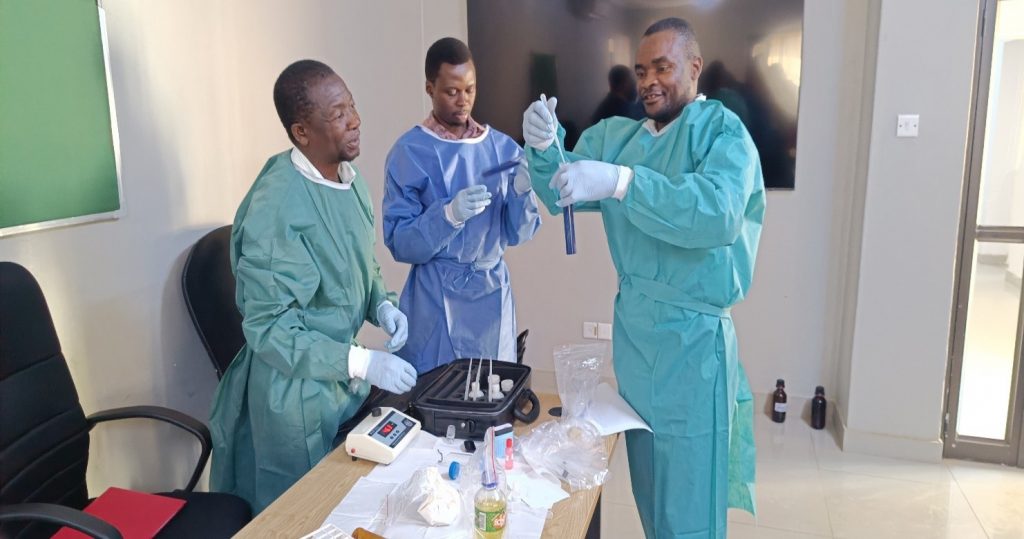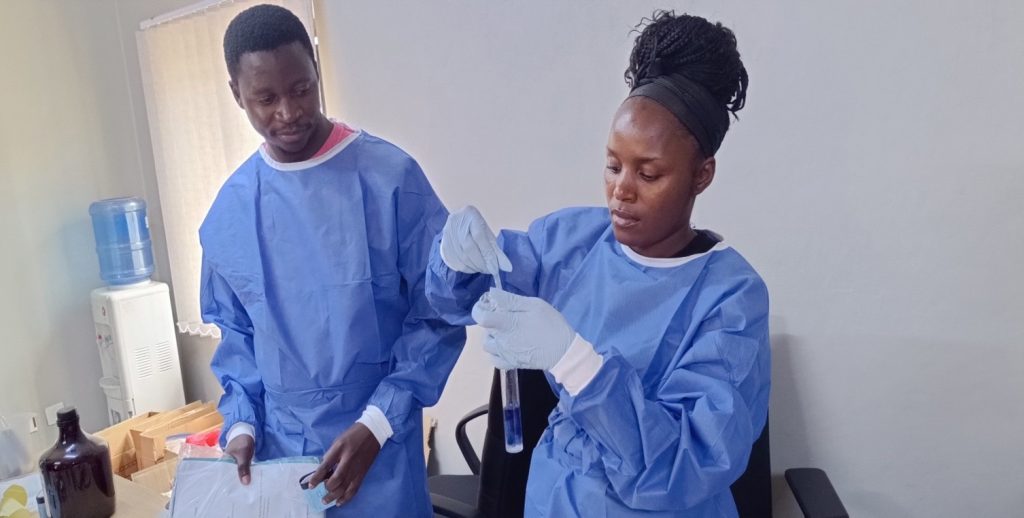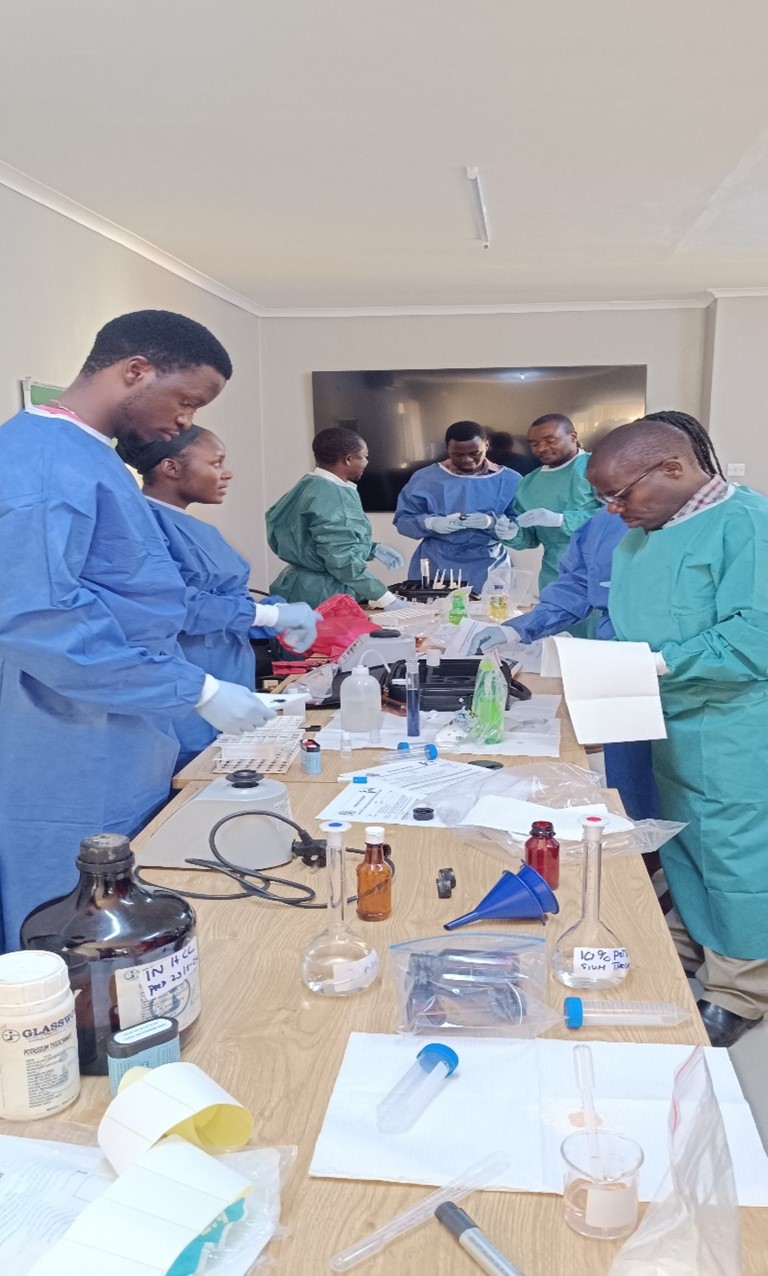The Workshop Focuses on Health Workers’ Knowledge, Attitudes, and Practices.
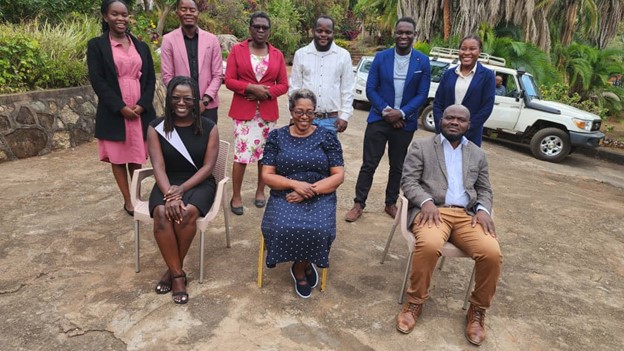
A group of researchers, public health professionals, and experts convened in Zomba, Malawi, to address the critical issue of healthcare waste management. The workshop, which aimed to develop a comprehensive manuscript on health workers’ knowledge, attitudes, and practices regarding this, highlighted the importance of innovative solutions to protect public health and the environment.
The workshop brought together a diverse group of stakeholders, including academic researchers, government officials, and representatives from healthcare institutions. The collaborative approach fostered a rich exchange of ideas and expertise, contributing to the development of evidence-based strategies for improving healthcare waste management practices in Malawi.
